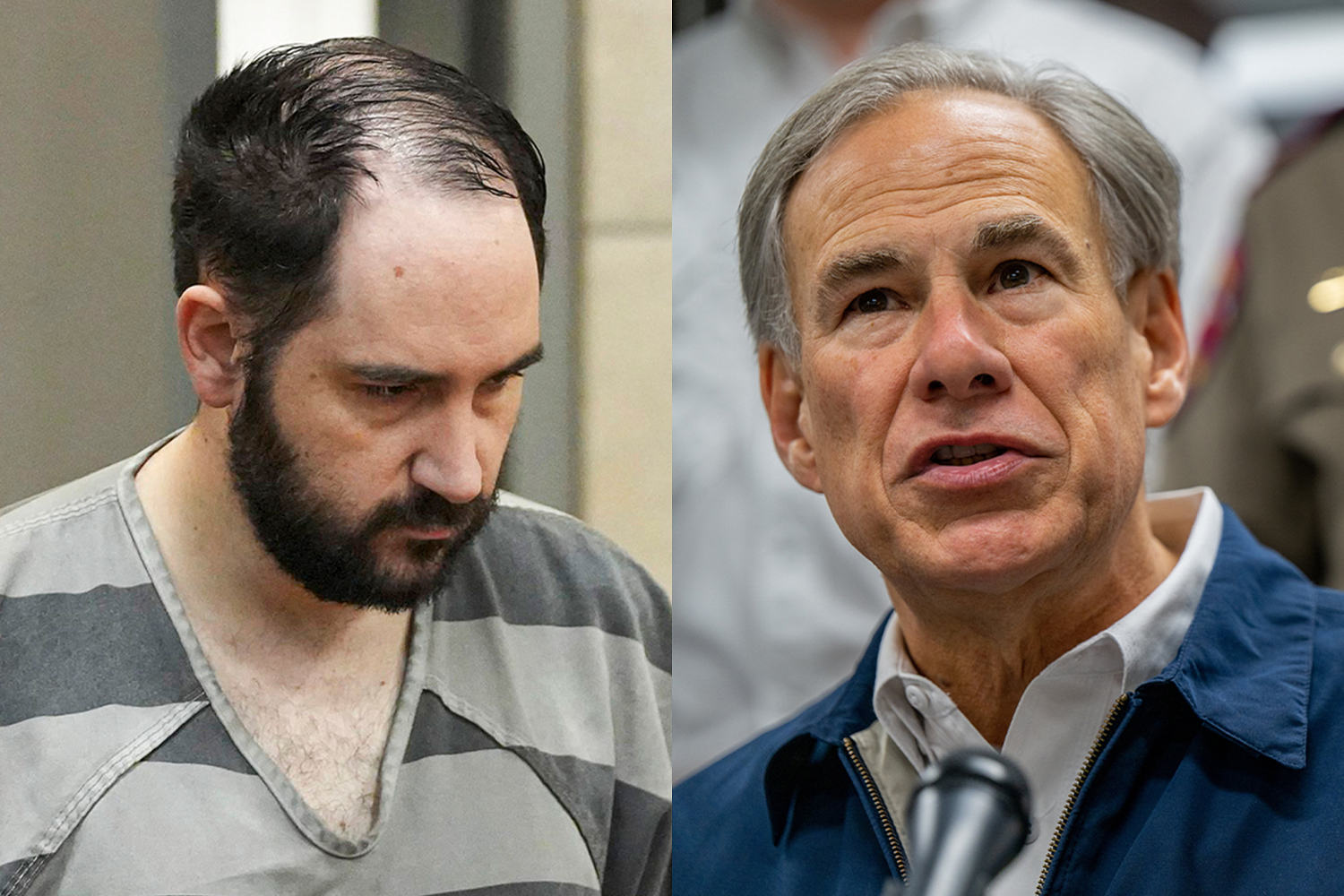Greg Abbott pardoning killer of Black Lives Matter protester sends chilling message


On Thursday, a convicted murderer serving a 25-year sentence was set free in Texas. He wasn’t set free because DNA analysis determined he was innocent. Nor was there some legal technicality successfully raised on an appeal. Daniel Perry, who was an active-duty Army sergeant at the time of his crime, never disputed that he shot and killed 28-year-old Air Force veteran Garrett Foster, in front of multiple witnesses, during a 2020 Black Lives Matter protest in Austin. Rather, Perry was pardoned by Texas Gov. Greg Abbott as Abbott promised to do the day after the jury issued its verdict.
According to the Houston Chronicle, Thursday was ‘the first time in at least decades that a Texas governor has pardoned someone for a serious violent crime, let alone murder.’
Abbott promised to free Perry even though a Texas grand jury indicted Perry, and a jury of Perry’s peers in Texas convicted him. Abbott promised a pardon before the pardon board, whose members he appoints, issued its findings. The governor was under pressure to issue the pardon from a number of high-profile conservatives, including Tucker Carlson. According to the Houston Chronicle, Thursday was “the first time in at least decades that a Texas governor has pardoned someone for a serious violent crime, let alone murder.” Adding to the highly charged political nature of this pardon, Abbott was scheduled to address the 2024 National Rifle Association conference this weekend along with former president and current candidate Donald Trump.
According to Foster’s mother, he attended the BLM demonstrations day after day, animated by the injustice of a Minneapolis police officer killing George Floyd. Ironically, Foster’s mother described Foster as a Second Amendment advocate, and witnesses say Foster was carrying a rifle on a strap around his neck the day he died. Perry drove his car up to a crowd of protesters who surrounded his vehicle. From inside his car, Perry drew a handgun and fired at Foster. Most witnesses describe Foster as having his rifle slung tight to his chest, pointed down at the ground, with his finger off the trigger. Witnesses say they never saw Foster raise his firearm at Perry. Yet, those details mattered neither to Abbott nor his pardon board. They said Foster’s weapon was in the “low ready gun” position,” which, they say, is enough to call Perry’s actions self-defense.
That’s interesting — because Perry never claimed Foster was pointing his rifle at him. Perry told police, “I believe he was going to aim [his rifle] at me. I didn’t want to give him a chance.”
Saying you shot someone you thought might eventually aim a weapon at you isn’t self-defense; it’s an admission that you weren’t being threatened. If Perry didn’t shoot Foster out of self-defense, then what was his motivation? During trial, prosecutors presented messages Perry sent before the shooting. Some of the messages talked of wanting to kill Muslims, Black people and protesters. Other messages included:
“I might have to kill a few people on my way to work they are rioting outside my apartment complex.”
“It is official I am a racist because I do not agree with people acting like animals at the zoo.”
“I might go to Dallas to shoot looters.”
“No protestors go near me or my car.”
Saying you shot someone you thought might eventually aim a weapon at you isn’t self-defense; it’s an admission that you weren’t being threatened.
Perry, who is white and was serving in the military, shot Foster, who was also white and a military veteran. Both were legally carrying their weapons that day. So, this wasn’t about Foster’s skin color, just as it wasn’t about a legally accepted self-defense claim. For both Perry and Abbott, this murder and subsequent pardon were about Foster’s cause, Black Lives Matter, and whom Foster chose to associate with. It’s hard to imagine a Black Lives Matter protester killing someone politically opposed to that cause and that warranting a pardon from Abbott. The governor setting Perry free suggests that in Texas, it’s open season on protesters whose cause isn’t approved by the governor.
Texans are known for valuing at least two things — their freedoms and their guns. Yet, with this pardon, Texans should wonder whether their constitutional right to peacefully protest and to lawfully carry a weapon depend on what they’re protesting and who’s carrying the gun.







